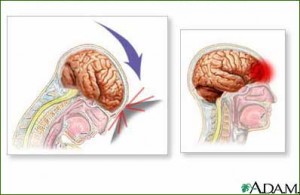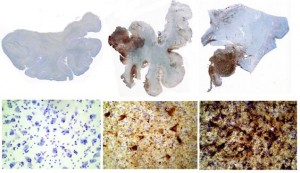
NFL players are accustomed to injury, but concussions can be life-changing. A harrowing example is Dave Duerson, a Pro Bowl defensive back and safety who won championships with the Chicago Bears and the New York Giants. Sadly, he suffered from depression after retirement and committed suicide at age 50. Duerson shot himself in the chest to preserve his brain for scientific study. Scientists determined that he suffered from chronic traumatic encephalopathy (CTE), brain degeneration resulting from repeated concussions. This begs the question: Can concussions cause depression?

The answer is not a simple yes or no. Depression is not well-defined biologically, and symptoms vary widely between individuals. Though some studies show correlation between concussions and depression, causation has not been proven. One study compared 30 retired NFL players with a history of concussions to healthy controls, and found a significant increase in cognitive symptoms of depression such as sadness, guilt, and suicidal thoughts in the retired players. A similar study of 24 retired NFL players found that depression correlated with decreases in white matter and cerebral blood flow. This physical damage in the brain, along with changes in the frontal cortex, may be the bridge between concussions and depression.

Still, it difficult to say with certainty that concussions lead to depression. In both studies, symptoms of depression were self-reported by the subjects, meaning the data is subjective. In addition, both studies had small sample sizes. Furthermore, it is possible that depression in the athletes was caused by the transition into retirement, not solely by concussion-related neurological damage. Until a more concrete definition is established for depression, it will be difficult to uncover its precise causes.
